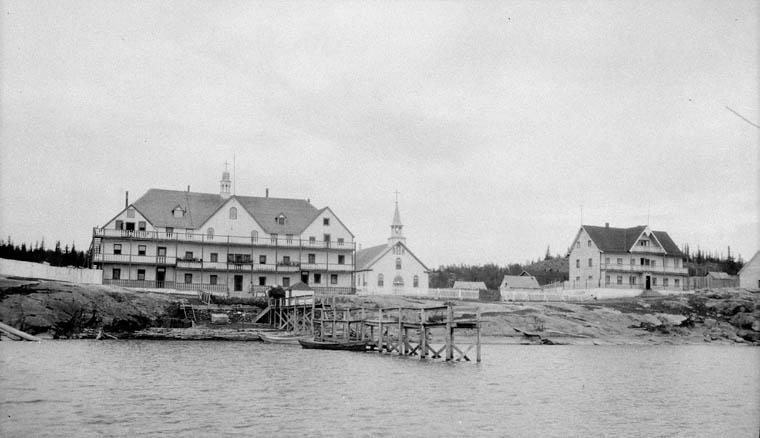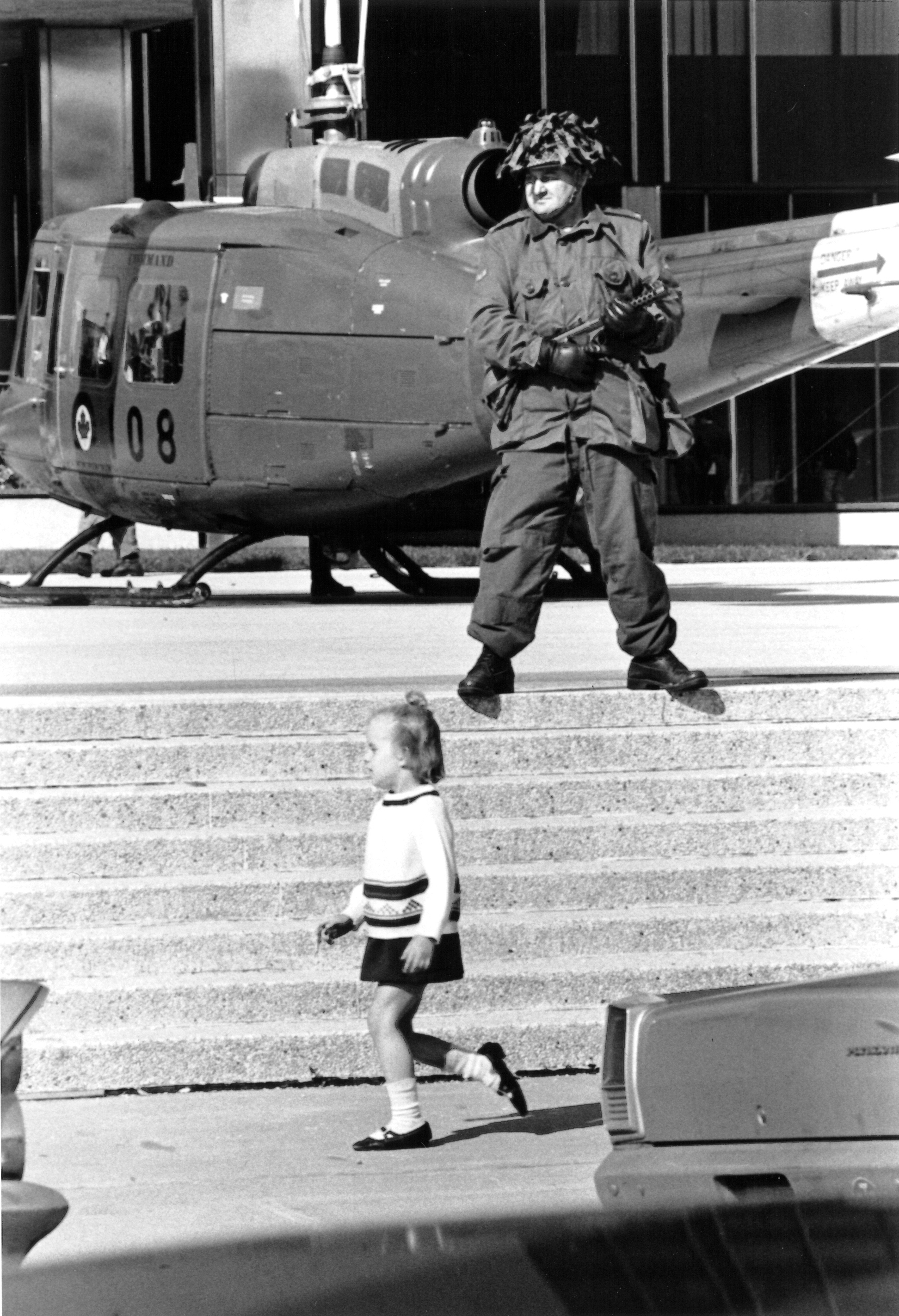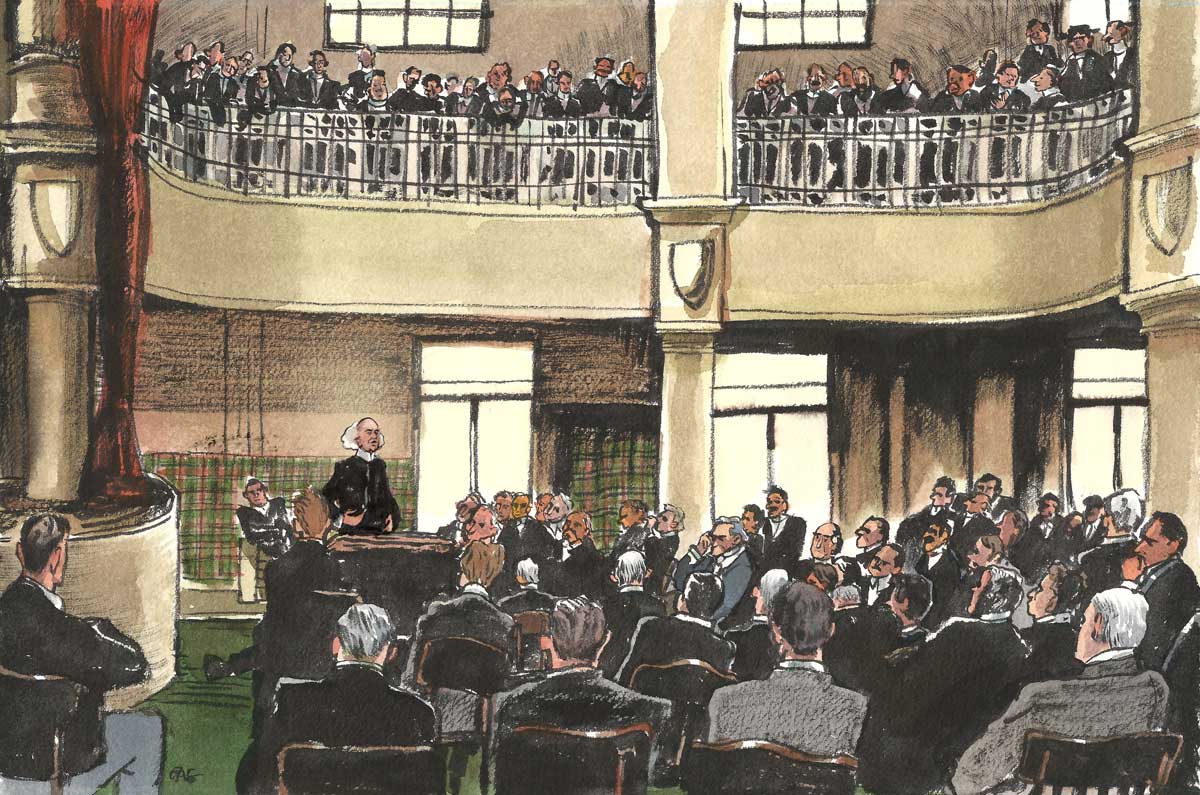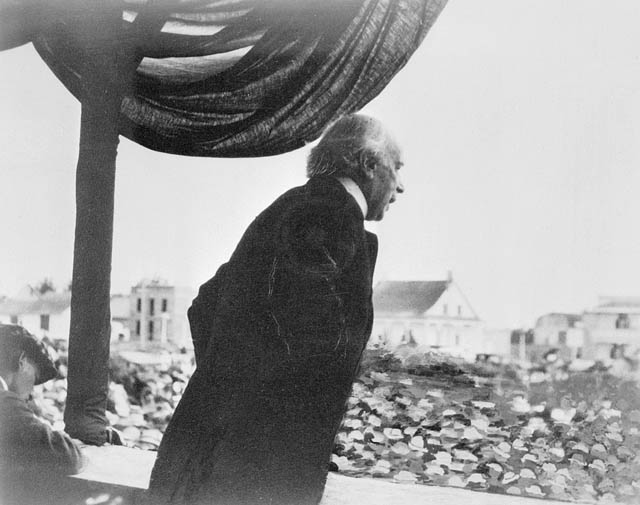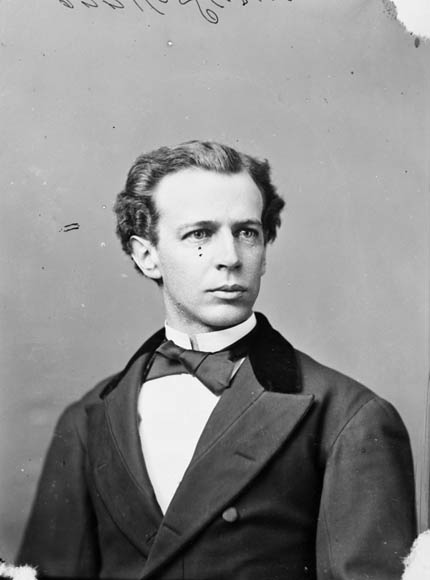Macleans
Toronto's Days of Protest
Like many other Torontonians last Friday, Mayor Barbara Hall just wanted to go to work. But when she showed up at the front entrance to City Hall around 8 a.m.This article was originally published in Maclean's Magazine on November 4, 1996



